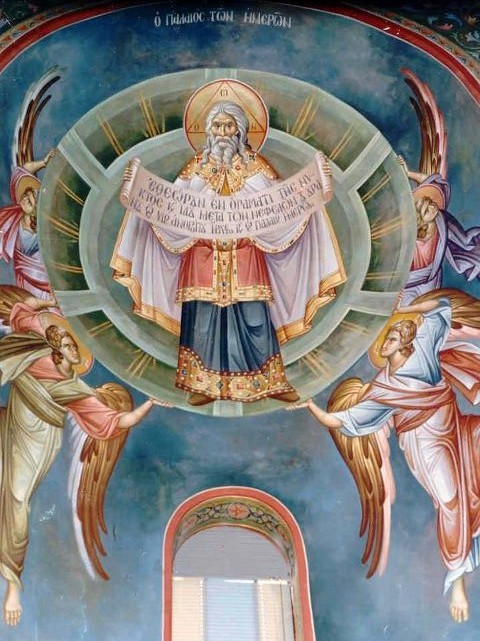Prayer is a reality that must move us beyond our convenient categories and set time periods. Although we will always have specific periods of prayer, whether that be public or private, the reality of prayer must become a constant invitation to the Holy Spirit to enter into every aspect of our life and to take control. In this way, we are called to the ceaseless prayer of Jesus Christ which is nothing short of our participation in His relationship with the Father.
This does not mean that the highest form of prayer involves us leaving behind our created nature. In the height of prayer, we do not leave behind dogma, doctrine, nor the sacraments. In addition, our natural faculties are not absorbed by the activity of grace, but rather fulfilled as we become a new creation in Christ. Although our natural faculties are unable to reach the heights of God’s divinity when left unaided, through Jesus Christ, God comes to us in our lowliness and communicates his divine life in ways accessible to our nature.
In this way, we come to experience God’s love in ways that go beyond knowing and unknowing, but are also simultaneously accommodated to our abilities of knowing and unknowing. Methods of prayer are simply a preparation for the spontaneity of the Holy Spirit in which all the dimensions of our created nature are transfigured by the Father’s love. Ways of knowing, or kataphatic prayer, are those expressions of prayer in which our discursive reasoning is nourished and elevated by Divine revelation. In a similar way, ways of unknowing, or apophatic prayer, are ways in which our intuition and affections are directed towards God through enstatic techniques. Both paths have their proper place within the spiritual life, but in and of themselves are insufficient. They are merely complementary preparations for the greater gift of love and intimacy with Jesus Christ.
The spontaneity of the Holy Spirit is that moment in which the believer learns to invite Jesus into his or her’s life at every moment of every day. Such a constant conversion is not an act of the will, but rather a gift of the Holy Spirit. With this in mind, ways of knowing and unknowing are the means to cultivate our surrender to the Holy Spirit. Furthermore, there are also moments in which our natural faculties are suspended and brought into a more ecstatic communion with the Divine. These moments become powerful touchstones, the residue of which begins to permeate other operations of our human nature.
Today, let us be bold and allow our hearts to play with the variety of ways that we can relate to the Lord. If we are beginning, methods such as lectio divina, Ignatian imaginative prayer, the Jesus prayer, and centering prayer can be a helpful guide, but we should not let such methods confine us nor prevent us from a more playful exploration of our interior life. Prayer has no limits because our Lord must be sovereign of our lives in every way and at all times.











No Comment